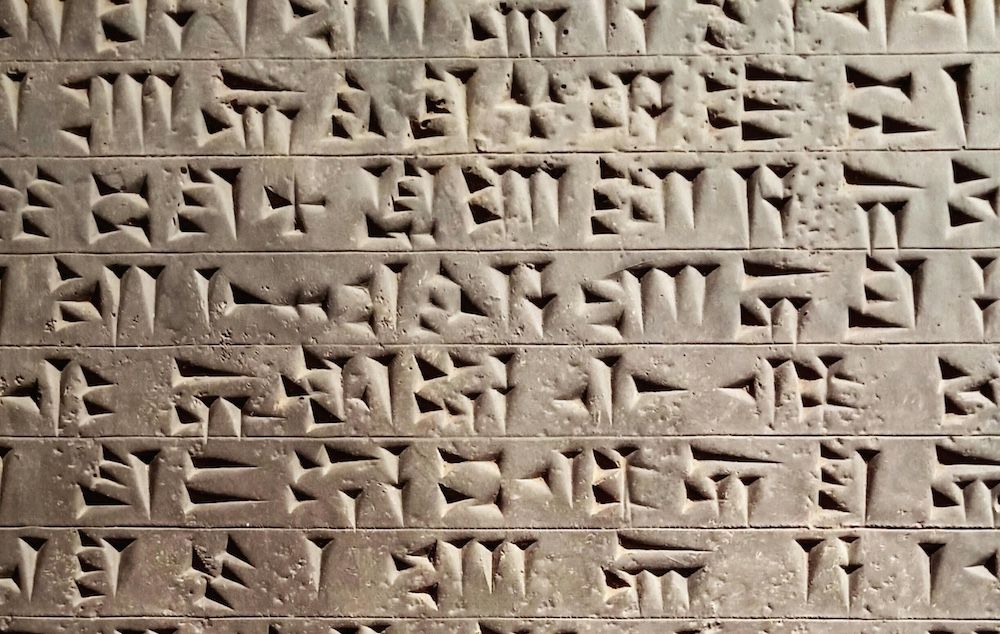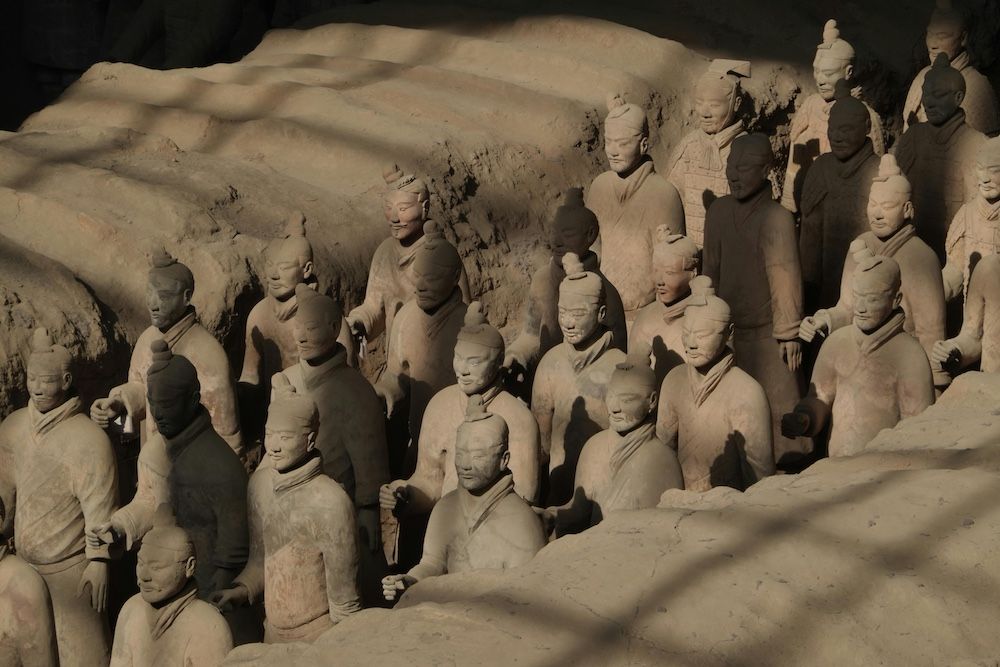Mesopotamia, located between the Tigris and Euphrates rivers, is often hailed as the cradle of human civilization. Its history is ancient, and its culture rich, beginning around 4000 BCE with the Sumerians, who established the earliest city-states and developed complex social structures and political systems, as well as cuneiform writing, one of humanity's first writing systems. Through this writing, the Sumerians recorded trade, laws, religious rituals, and literary works like the Epic of Gilgamesh, allowing knowledge to be transmitted and cultural development to flourish.
Over time, powerful kingdoms such as Assyria and Babylon emerged in Mesopotamia. The Assyrian Empire was known for its military prowess and advanced administrative management, establishing a vast territory and a complex bureaucracy. Babylon, on the other hand, was renowned for its legal system, particularly the Code of Hammurabi, one of the earliest and most famous legal documents in ancient history, marking an early development of legal thought. These laws not only regulated social behavior but also emphasized justice and morality, profoundly influencing the establishment of later legal systems.
The religious beliefs of Mesopotamia were also diverse, with numerous deities and mythological tales reflecting people's understanding of natural phenomena and human destiny. Religious rituals and ceremonies played a crucial role in social life, with temples serving as the centers of cities, acting as sites for religious activities as well as hubs for economic and political life. This religious culture laid the groundwork for the formation of later faiths such as Judaism, Christianity, and Islam.
Agriculture was the cornerstone of Mesopotamian society, and the development of irrigation techniques enabled the land to support large-scale crop cultivation, ensuring population growth and urban prosperity. As agriculture flourished, trade also thrived, with Mesopotamian merchants engaging in commerce via rivers, promoting the flow of culture and goods.
The achievements of Mesopotamia in science and mathematics are equally significant. They invented a base-60 system, which laid the foundation for later timekeeping and angular measurement. Additionally, advancements in astronomy allowed them to accurately predict celestial events, which was crucial for agricultural production. The observations and records made by ancient Mesopotamian scholars became important starting points for later astronomy.
The influence of Mesopotamian civilization is profound. Despite numerous rises and falls, the cultural legacy it left continues to deeply affect the development of later civilizations. From legal systems to writing, from religious beliefs to scientific advancements, the history of Mesopotamia teaches us that the progress of civilization is an ongoing process, stemming from humanity's wisdom and creativity in facing the challenges of nature and society. This ancient land remains a crucial clue in humanity's exploration of its origins and development.





